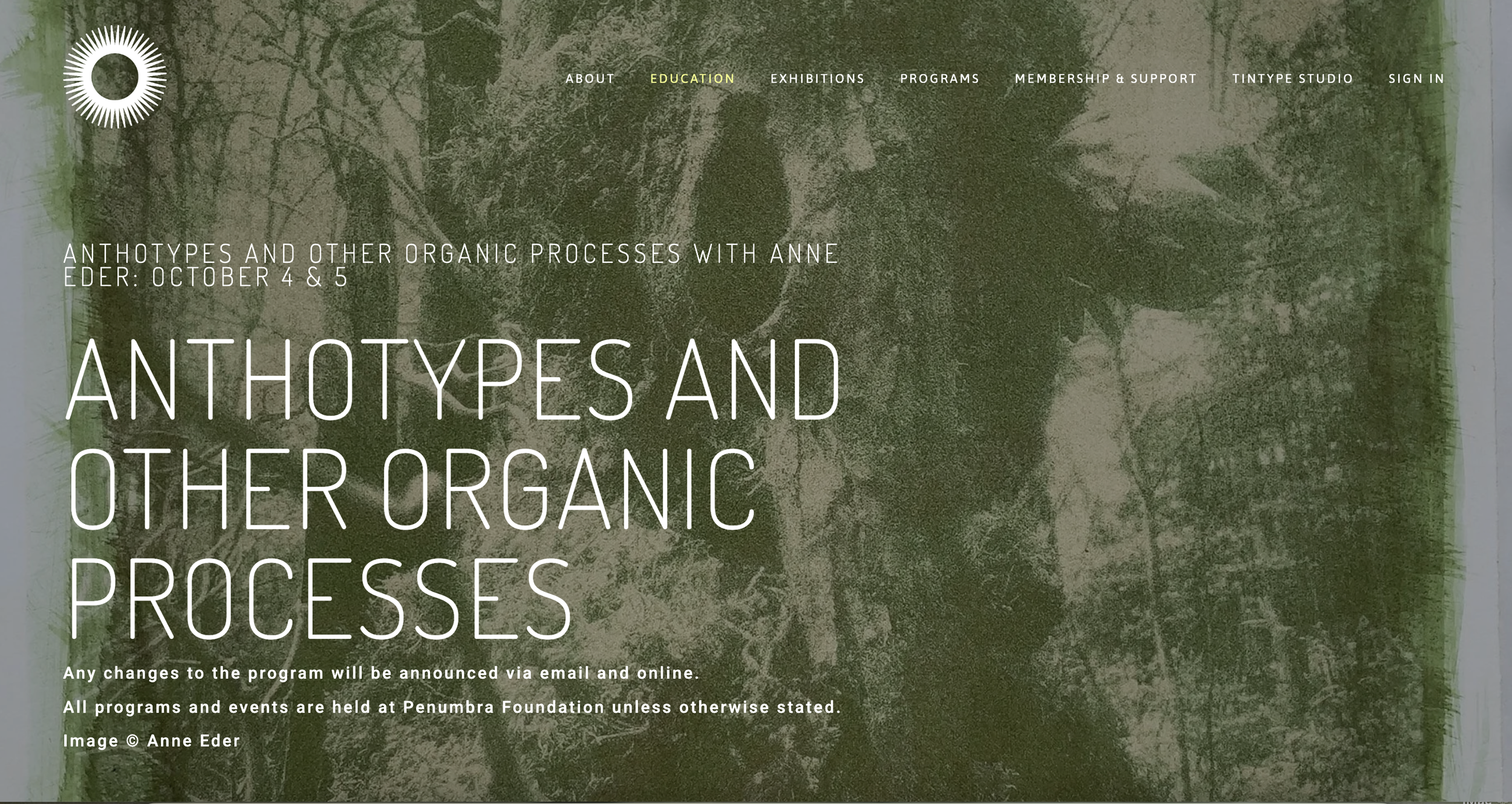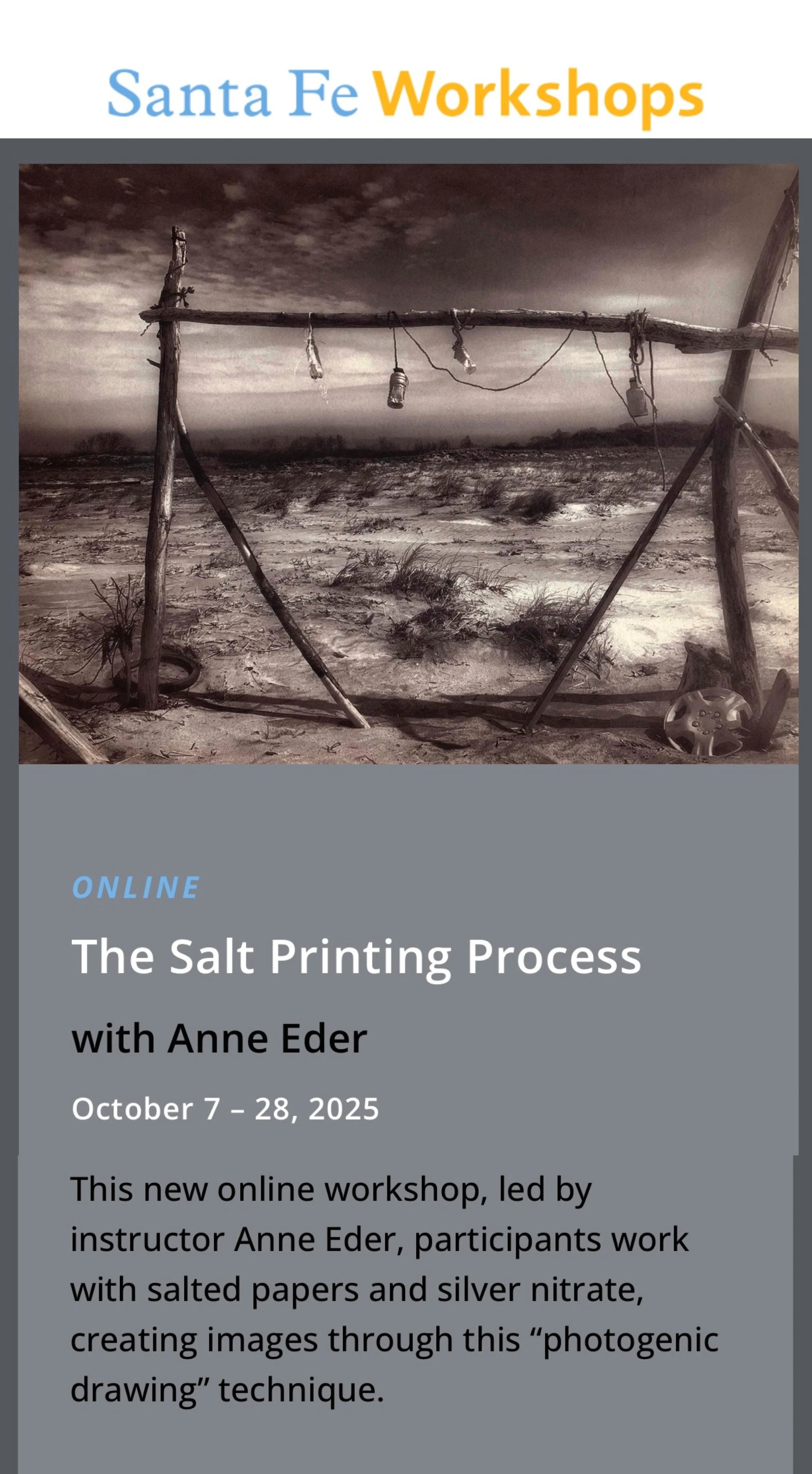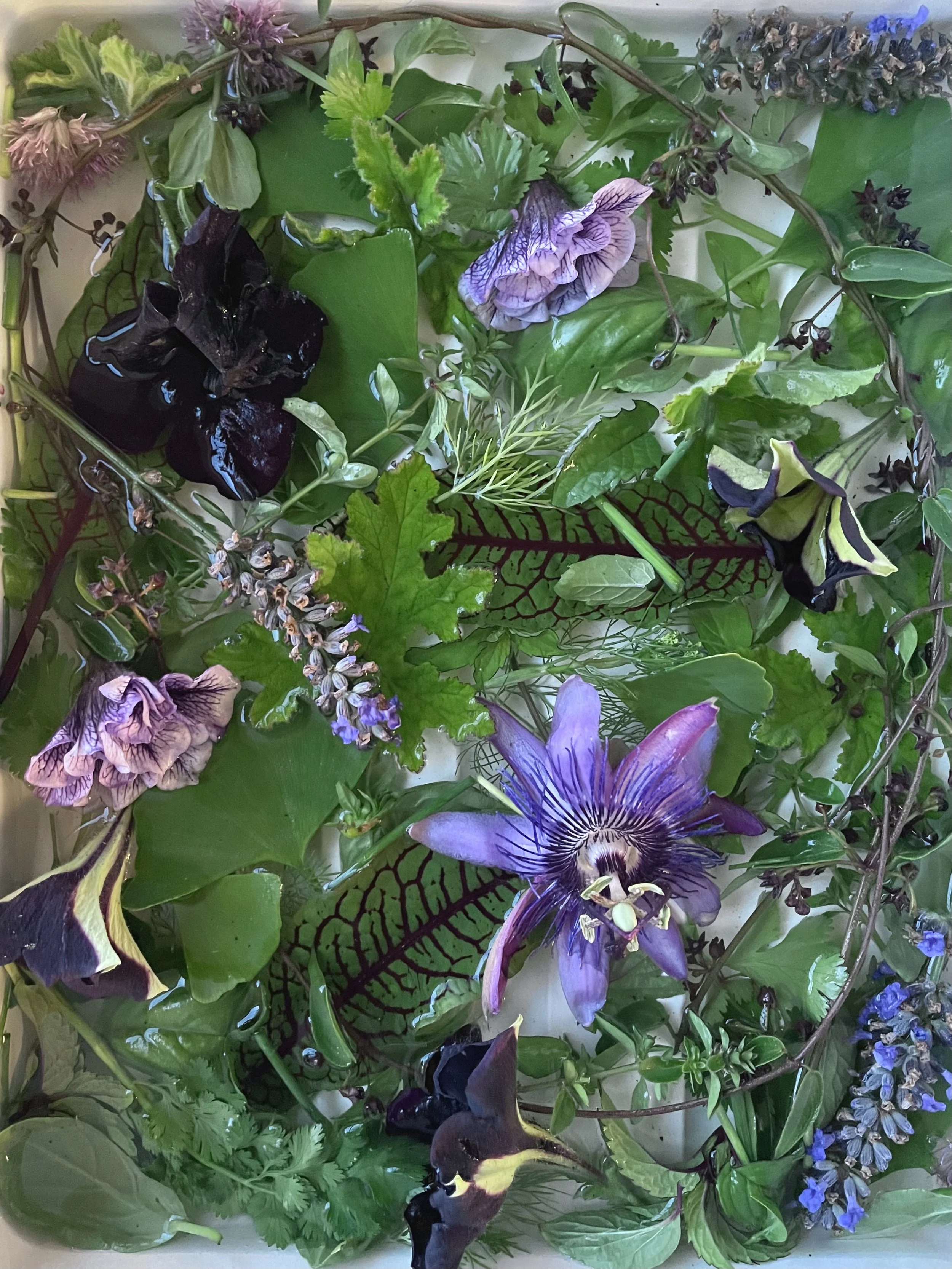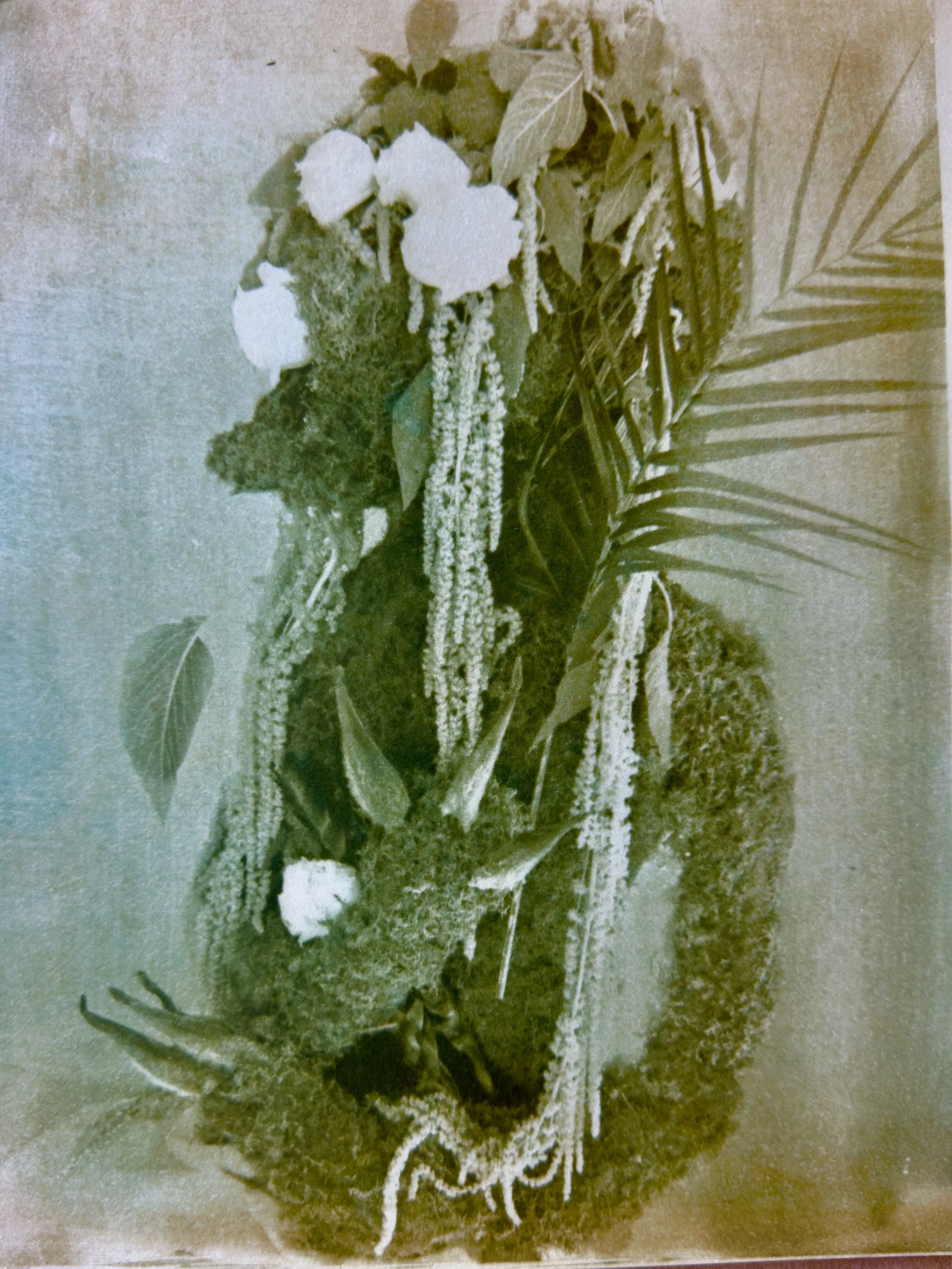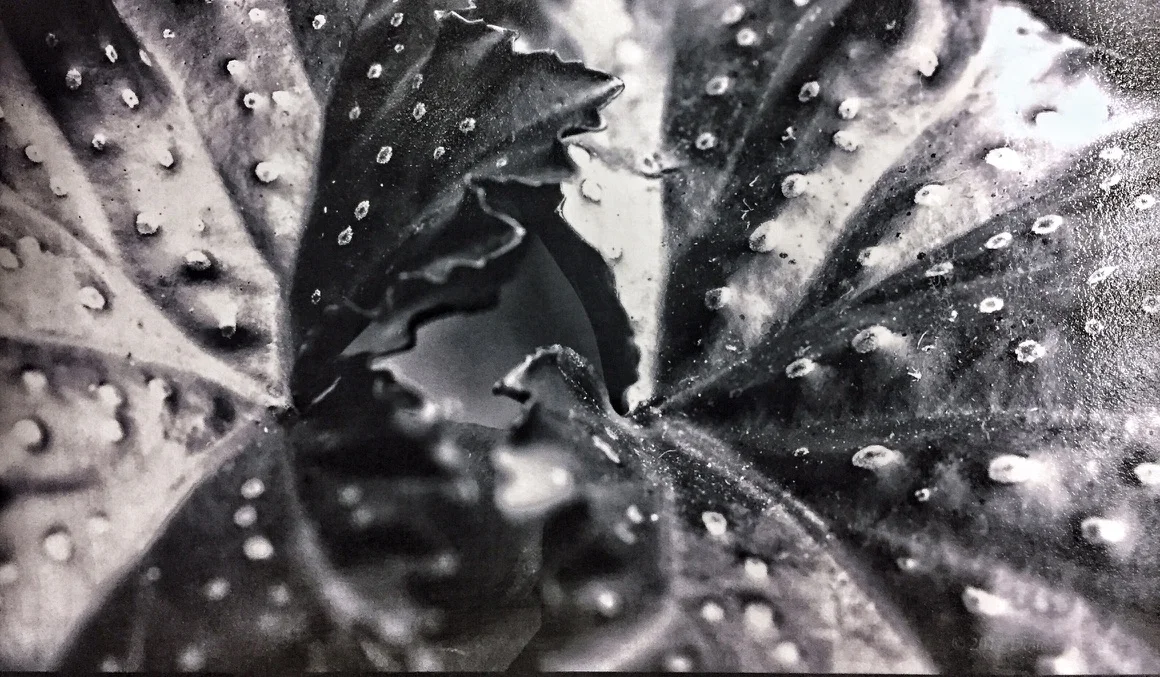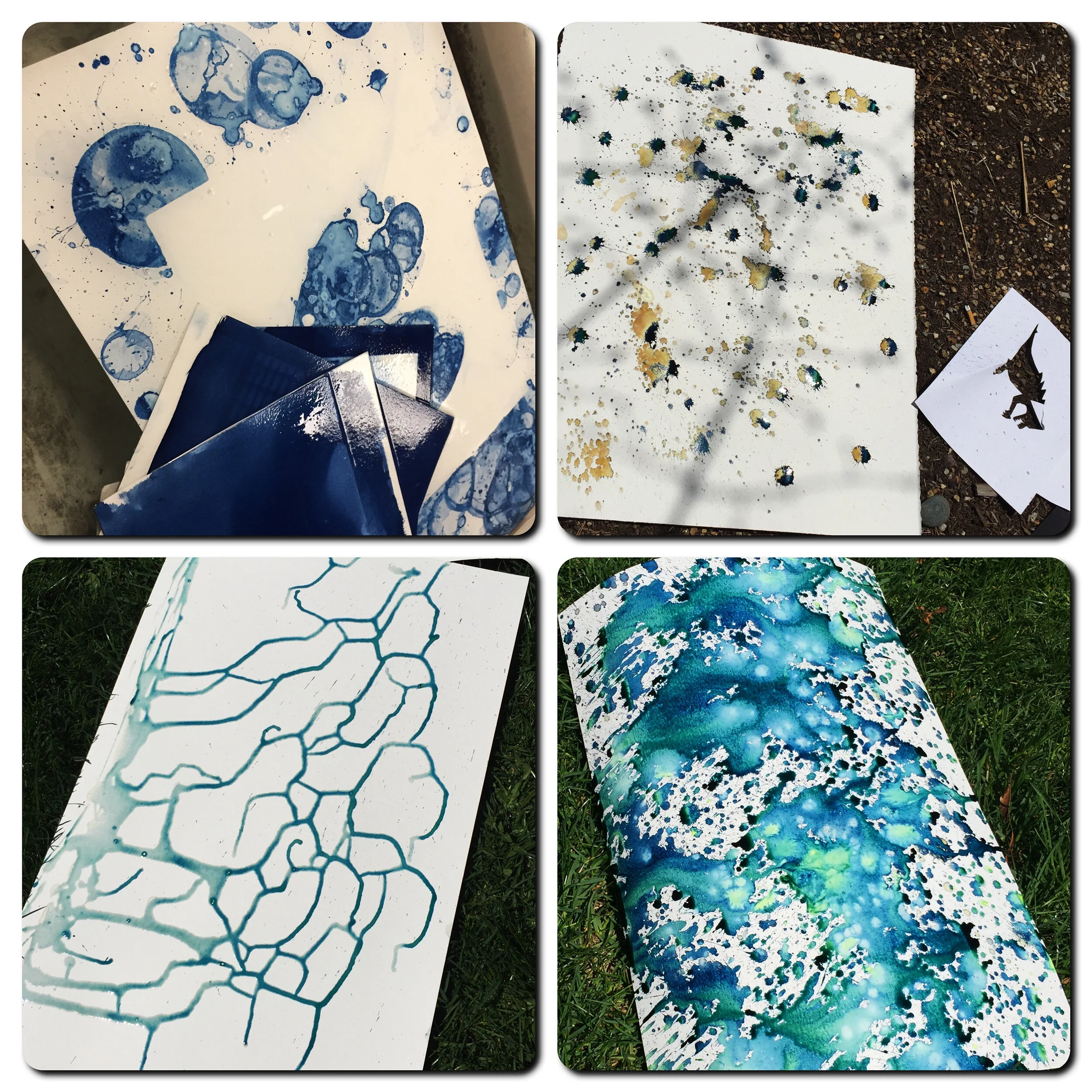EDUCATION AND WORKSHOPS OPEN TO THE GENERAL PUBLIC
ANNE EDER teaches as a Lecturer in the Lewis Center for the Arts, Princeton University, and is faculty in the Harvard Ceramics Program, Harvard University, Penumbra Foundation NYC, Santa Fe Workshops, The Griffin Museum of Photography, Halide Project, and other institutions. She specializes in historic, alternative, and experimental processes with a focus on sustainability and environmentally friendly methods. Here are some upcoming courses and workshops:
FULL/ WAITLISTED
FALL 2025 COURSE
SEPT. 3 - NOV. 19 6:30- 8:30 PM
PENUMBRA FOUNDATION
ONLINE
ANTHOTYPES & OTHER PLANT BASED PROCESSES: INTRO CLASS
MONDAYS SEPT. 15 - OCT. 6 6-8 PM
Course Overview
Dates: Thursdays, September 25 - December 4 (every other week) 6 - 8 pm
One of the greatest obstacles in the creative process is the fear of failure. While the desire to appear successful, knowledgeable, and competent is natural, true discovery requires experimentation, and some experiments are bound to fail. As any scientist can attest, breakthroughs emerge through hypothesis and testing, and the same applies to creative practice. Innovation thrives when ideas are put into action, allowing possibilities to expand exponentially.
IN PERSON IN NYC
NEW APPROACHES TO GUM PRINTING
Salt Printing!
Online this fall through Santa Fe Workshops!
PHYTOGRAMS
IN PERSON AT PENUMBRA FOUNDATION
OCT. 19 10- 6
NEW OFFERING: COPPER AND BLUES! FOUR DAY WORKSHOP IN VERMONT! NOV. 13 - 16 RESIDENCY
Go to the Shop page for information and to purchase! COPPER & BLUES: Cyanotype Meets Cuprotype. a four-day retreat in our temporary space in southern Vermont at Potash Hill (the former Marlboro College campus). These processes share a common light trigger (ferric ammonium citrate), and cuprotype exhibits the same easy, user-friendly qualities that make cyanotype so beloved and appealing. The two methods can be combined, layered, and toned, yielding an expanded range of colors. In addition, iron-based processes are gentler on the environment, and these will add to your sustainable photographic toolkit. The basic cyanotype and cuprotype processes will be covered, as well as toning methods for each, including botanical toning of cyanotype, and combination printing. The workshop will be led by Anne Eder, whose focus is on experimental photography and developing eco-friendly alternatives to toxic chemicals.
TRADITIONAL FILM PHOTOGRAPHY AND DARKROOM
Students in analog classes learn the underlying science, how to use their camera controls, and move on to the darkroom to develop and print their film. These classes often include an introduction to alternative process techniques to reinforce basic principles of light sensitivity. They build pinhole cameras, try their hand at cyanotype and other alternative process printing methods, and experiment with silver gelatin papers, printing, toning, and hand-applied photographic sensitizers. Critique sessions help students gain the ability to discuss their work articulately and refine their focus. These images show students ranging from middle school to college undergraduates in a variety of classes and employing a number of techniques. All classes incorporate discussion of photographic ethics and a more inclusive look at the history of the medium.
COURSES AND WORKSHOPS IN ALTERNATIVE PROCESS
Workshops and individual tutorials are offered in a variety of historic, alternative, and experimental processes. Participants range in experience from hobbyists to undergrads and masters students to seasoned professionals and many other educators. I am constantly amazed by how much students absorb and produce in a semester or a one or two day session. This is a sampler of some of student images in a range of techniques, both two and three dimensional.
INTERDISCIPLINARY PROJECTS
These courses are designed for image makers interested in exploring three-dimensional work, sculptors wishing to engage in print making, or for emerging installation artists. Students or workshop participants gain familiarity with contemporary artists working across media boundaries and learn to focus their concept, develop a plan, source materials, prioritize and order tasks, and complete their project within a set time frame.
Images below are of work produced in Interdisciplinary Projects at Harvard Ceramics program.
Pictured are students from The Sculptural Photograph, Summer Youth Program, Lesley University, 2016 and they had only FOUR WEEKS to produce their work. They not only accomplished but surpassed their goals while learning new skills.







